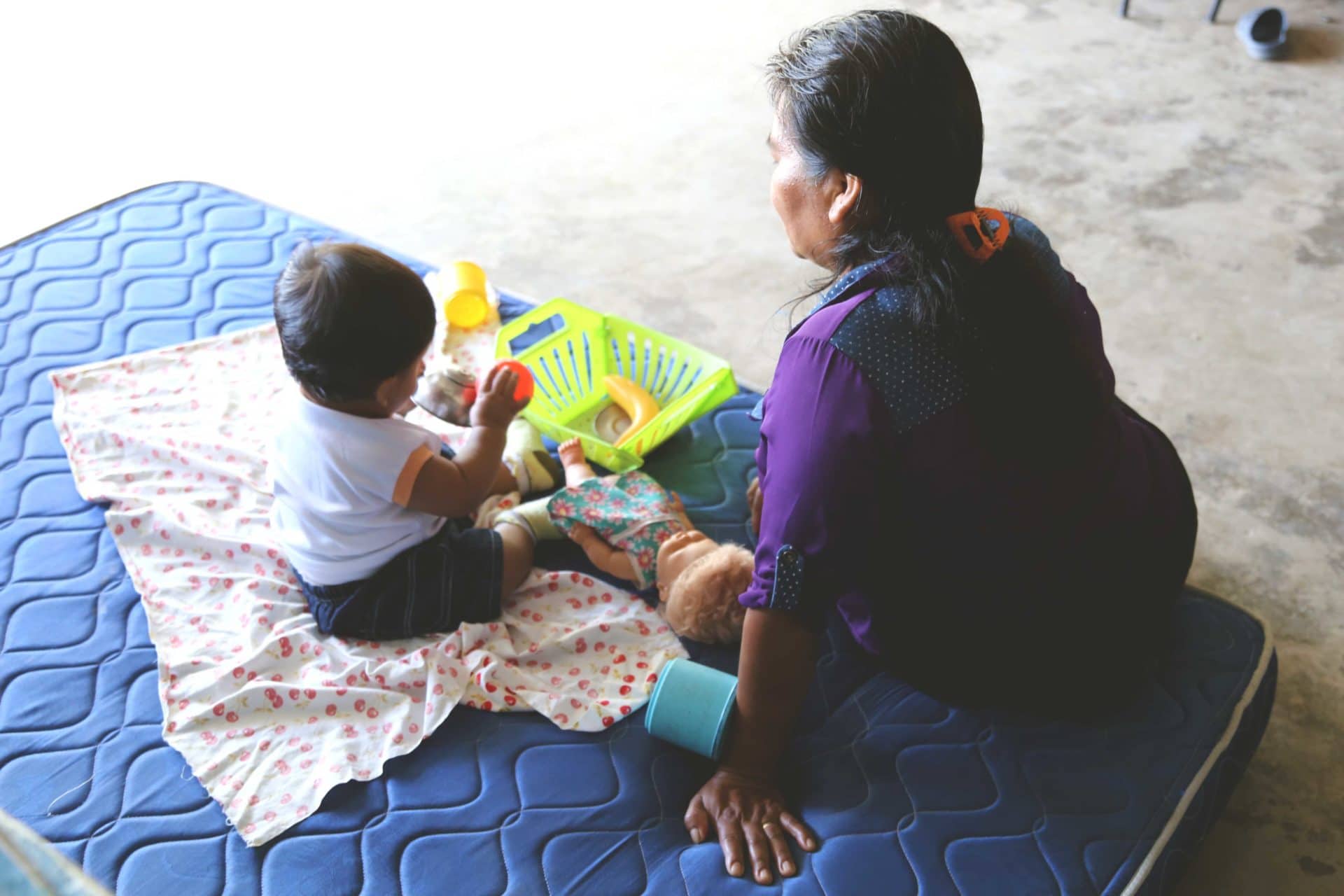Caregiver Flourishing

-
How do caregivers who frequently witness sadness or suffering sustain their own flourishing mental health, while providing excellent care? What role do religious beliefs and practicing the virtues have in how caregivers manage to live well? What do flourishing caregivers do and think that is the same, or different, across countries and religious traditions?
Our interdisciplinary team from Duke University and Emory University will conduct qualitative interviews with orphan caregivers in India, Nagaland, Kenya, Ethiopia, and Cambodia to answer these questions. These caregivers will be of different religious traditions, including Christianity, Islam, Hinduism, and Buddhism, and of varying levels of positive mental health (i.e., flourishing versus low). In addition to in-depth interviews, we will ask the caregivers to complete a daily diary and journal about a difficult and a positive experience, and what they did and thought about it. The in-depth interviews will allow us to explore caregivers’ conscious thoughts about mental health, whereas the daily diaries will reveal potentially important routines related to positive mental health, even if the caregivers cannot articulate them as such. We will compare the thoughts, practices, and contextual conditions of caregivers with flourishing versus low mental health.
-
-
Principal Investigator: Rae Jean Proeschold-Bell
-
CHPIR Staff: Kate Whetten, Heather Parnell, Donna Safley, David Eagle
-
Partners: Jen’nan Read in DGHI, Warren Kinghorn in Divinity and Psychiatry, and some POFO staff in Kenya, Ethiopia, Cambodia, and India
-
-
- Funder: Templeton Foundation / Saint Louis University
- Project Dates: 9/1/16 – 6/30/18
-
Dissemination